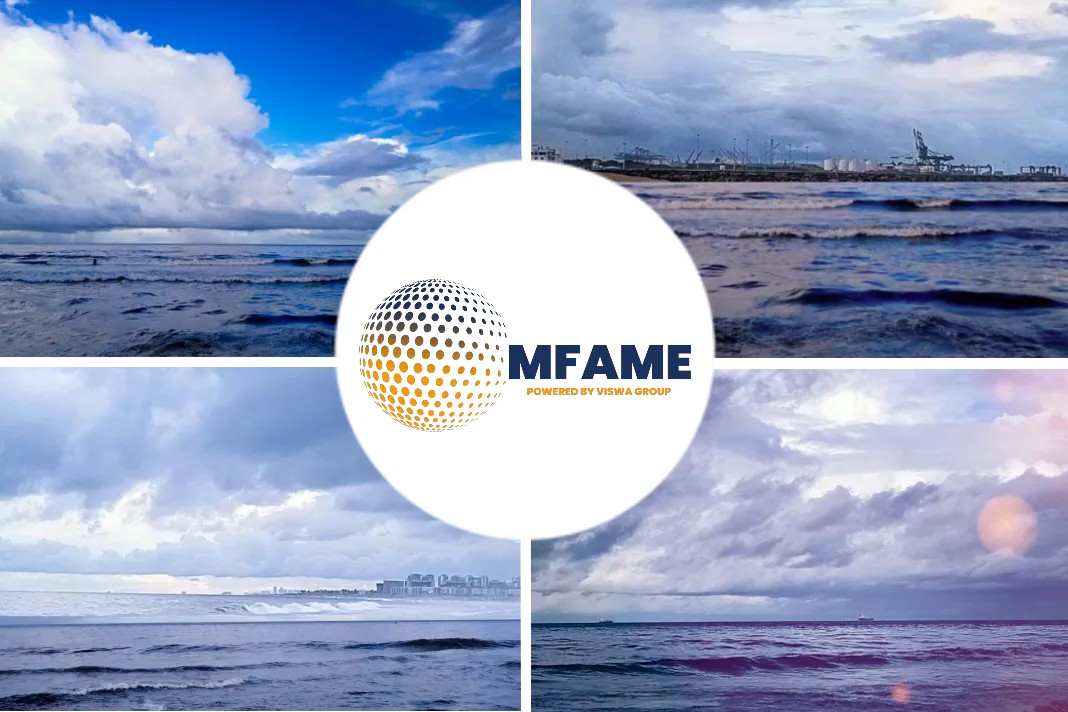
In a remarkable departure from traditional Arctic shipping practices, Russia has dispatched its first non-ice class oil tanker on a historic journey along the Northern Sea Route, driven by the need to circumvent Western sanctions and deliver crude oil to China. The highnorthnews source.
- Russia sends first non-ice class oil tanker on historic Arctic journey, bypassing Western sanctions to deliver oil to China.
- Permit allowing the tanker to traverse ice-free Arctic waters raises concerns about risks and the potential impact on Arctic shipping practices.
- The move reflects Russia’s desperation in a challenging geopolitical landscape, while experts question whether other Arctic states will follow suit.
A Historic Arctic Voyage
In a groundbreaking move, Russia has set in motion a historic journey across the Arctic’s Northern Sea Route (NSR). The Leonid Loza, a conventional oil tanker, departed from Murmansk on September 11, 2023, marking the first-ever non-ice class vessel to navigate this challenging route. This voyage could reshape the dynamics of Arctic shipping.
Desperation Amid Sanctions
Desperation has driven Russia to embrace this risky endeavor. With Western sanctions limiting access to the European oil market, Russia has been forced to seek alternative routes for its Arctic and Urals crude. As a result, it has redirected its focus towards China, sending numerous ice-class tankers from Baltic and Barents Sea ports. The stakes are high as Russia seeks to sustain its economy by delivering oil to willing buyers, particularly China.
Permitting Risky Passage
The decision to allow Leonid Loza to traverse the NSR without ice classification is not without controversy. Russia’s Rosatom, the administrator of the NSR, issued a permit on September 1, 2023, enabling the tanker to sail unassisted in ice-free waters and with icebreaker escort in light ice conditions. However, the Arctic still presents moderate ice conditions along parts of the NSR, raising questions about the feasibility of this risky passage.
The Arctic’s Changing Landscape
This bold move by Russia raises concerns about the broader implications for Arctic states. Michael Byers, a professor and expert in global politics and international law, highlights the desperation behind Russia’s actions and the potential risks associated with transit oil shipments through the seasonally ice-covered waters. As the Vostok oil project in the Arctic’s Yenisei Bay comes online next year, we can expect an increase in such shipments. However, whether other Arctic nations will follow Russia’s lead remains uncertain, as this unprecedented move challenges established practices in the region.
Did you subscribe to our daily newsletter?
It’s Free! Click here to Subscribe!
Source-highnorthnews
















